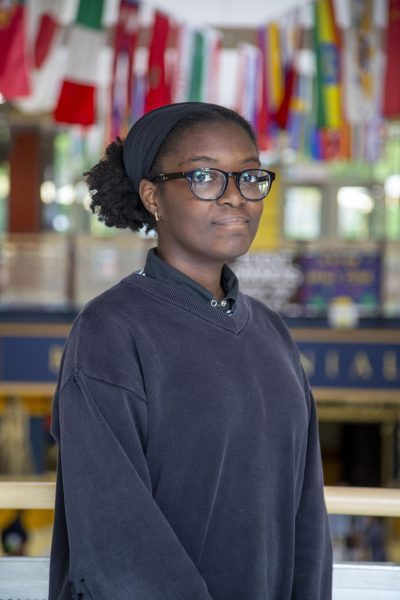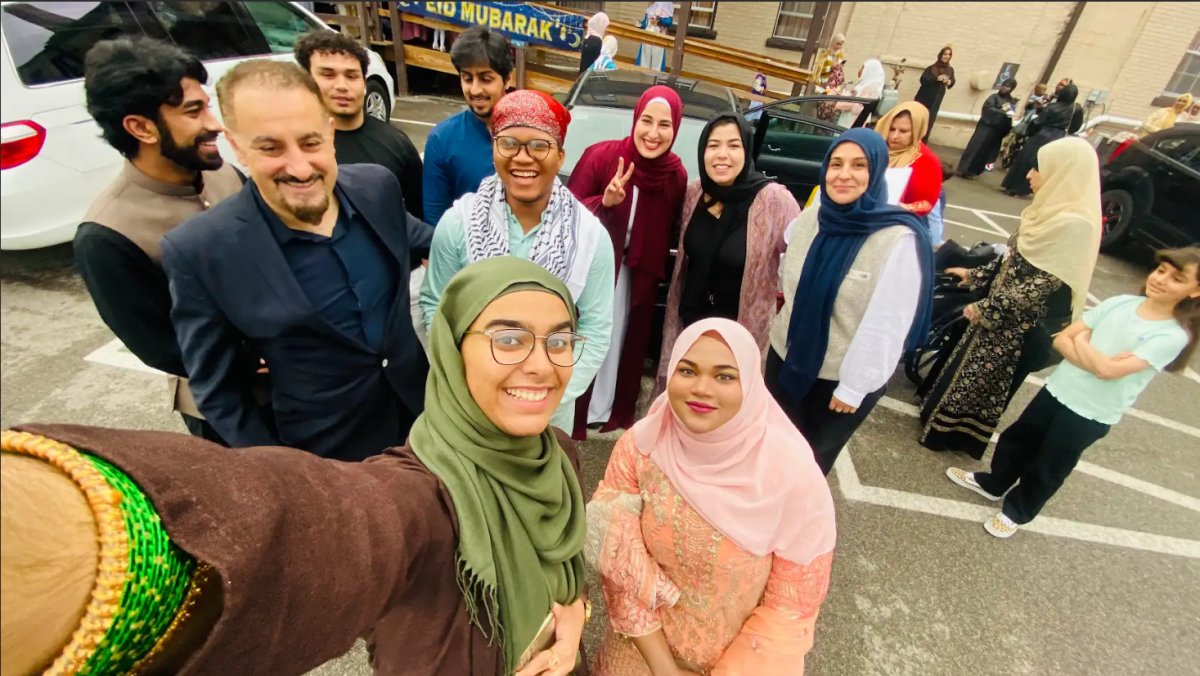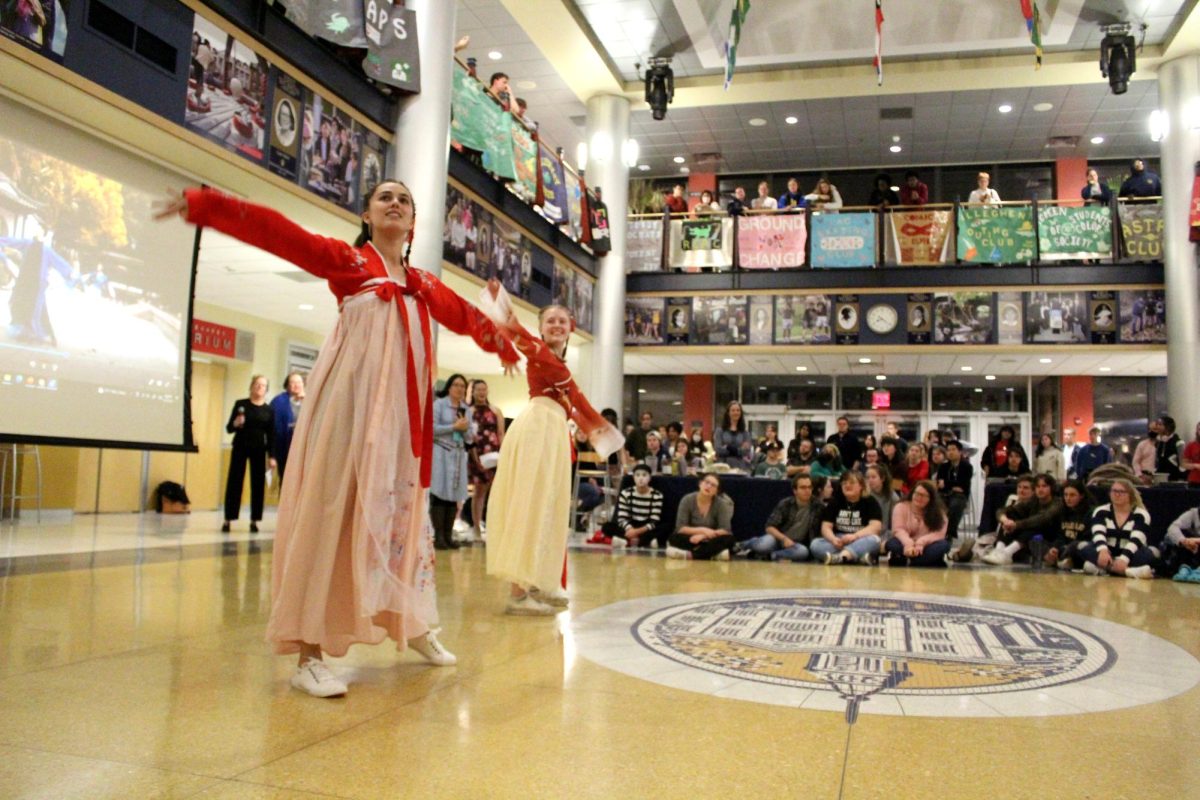In 2023, the application of artificial intelligence is diverse. It can be utilized daily as anything from a virtual assistant like Siri to speeding up the process of diagnoses and reducing human error in the medical field. In the world of archiving, AI is being used to digitize documents that cannot be read by the human eye.
The Herculaneum papyri are a collection of over 1,000 papyrus scrolls found at the Villa of the Papyri, an ancient Roman villa where a vast library of papyrus scrolls were kept. After the Mount Vesuvius eruption in 79 C.E., these scrolls were carbonized and appeared to be completely lost to time, but significant progress has been made in transcribing the information they contain.
In August 2023, University of Nebraska-Lincoln computer science student Luke Farritor received a message notifying him that the AI model he used to recognize text had successfully detected three letters of the Herculaneum papyri. Farritor had become the first to read these letters in nearly 2,000 years since their burial under ash and mud. Those three letters not only awarded Farritor $40,000 and international acclaim, but inspired others to work on transcribing the rest of the papyruses.
AI aiding in the transcription of historical documents is not new. According to Ruth Andel, archivist at Allegheny College’s Merrick Archives, the use of AI to aid in the digitization of documents is crucial.
“(Without AI), you would have had to dig out a box and look at every single paper. You can now go online and look at things through a collection that has been put together,” Andel said.
The Merrick Archives relies on the use of Optical Character Recognition in its digitization process. OCR, which has evolved with the expansion of AI, reads through scanned documents and transcribes them by identifying the text on each page, making documents easier to skim for research.
“Artificial intelligence reads the document and puts the data behind there so it makes it easier to get to,” Andel said. “It saves a lot of time, both on our part for putting the material in and on the researchers’ part when they’re looking at it,”
While Andel acknowledged the impact of the Mt. Vesuvius Challenge on digitizing artifacts, she noted that this isn’t something Allegheny’s archives use currently.
“They’re digging down into layers to decipher texts,” Andel said. “That’s a whole different system and that’s not reachable.”
Associate Professor and Chair of the Department of Computer and Information Science Janyl Jumadinova spoke on the implications of this discovery. Jumadinova works in robotics and automations, specifically in how algorithms work to complete tasks in daily life.
“I think that specific example shows you multiple applications of artificial intelligence,” Jumadinova said. “There’s a whole area of computer vision which deals with how we extract information from an image or a video. Another area is text and natural language processing or anything that deals with any sort of language.”
Because of this challenge, the knowledge contained in the scrolls about ancient Rome is not the only thing being shared with the rest of the world.
The knowledge concerning this new technology and its nearly infinite uses is also being shared with anyone who wants to use it. When thinking about the future, it seems that the Herculaneum papyri can act as the catalyst for language-detecting AI to reach the general public.
“I think the field is evolving,” Jumadinova said. “I find it exciting from the perspective of the tech developing because I think the models behind what we’re using are really becoming more sophisticated. But also, I find it exciting because it gives us a chance to look at the more humanistic side of things. Like, ‘How do we use this technology ethically?’”
As for Andel, she is happy to see AI being used to help broaden historical information.
“I’m glad they’re doing it,” Andel said. “In terms of knowledge being brought to the world, it’s great that they’re coming up with technology that can do this.”
Categories:
The Mount Vesuvius Challenge: AI and its implications
Story continues below advertisement
0
Tags:
More to Discover
About the Contributor

Paige Kageni, Staff Writer
Paige Kageni is a sophomore from the Central Pennsylvania area. She is planning to major in English and minor in Communications and Women’s, Gender, and Sexuality Studies. This is her second year as a staff writer for The Campus. In her spare time, she enjoys playing guitar, crocheting, and going on long walks.








